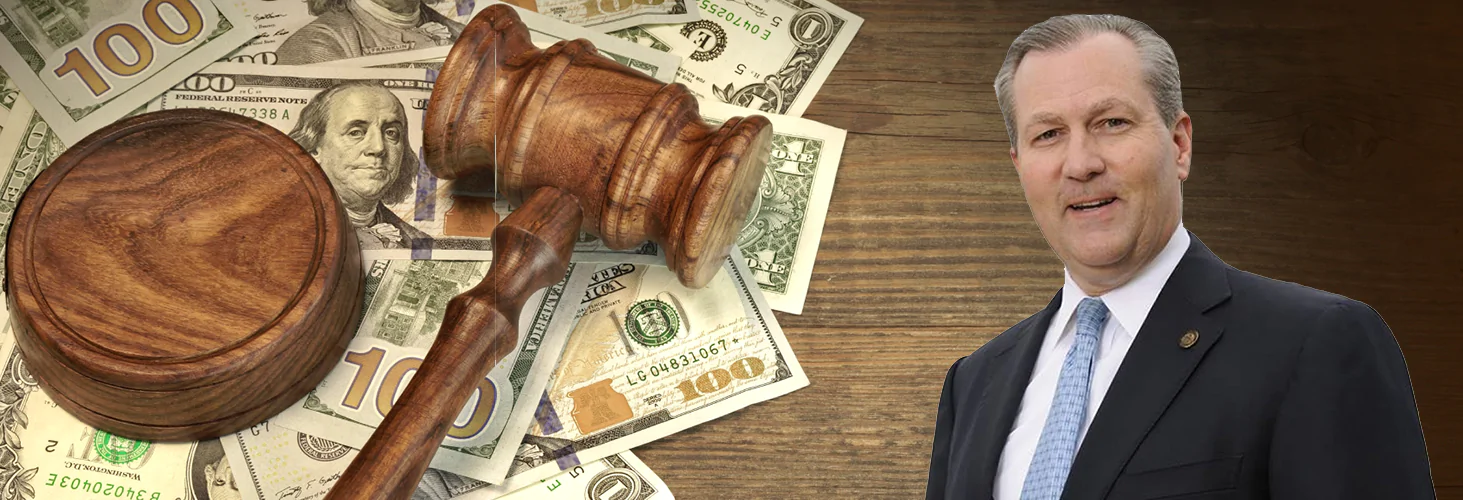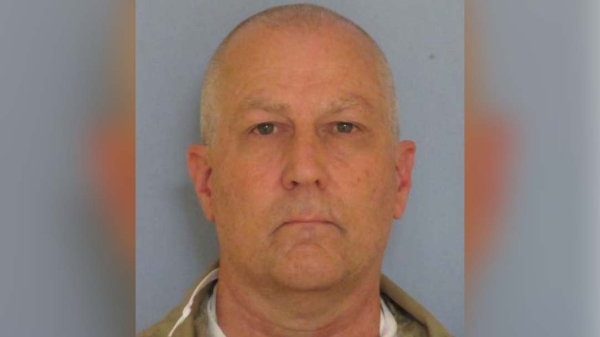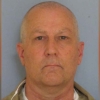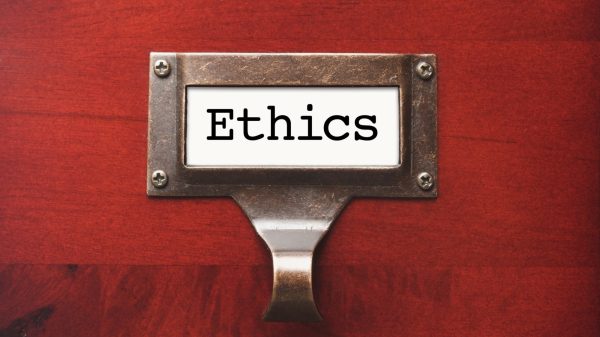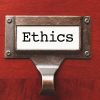By Bill Britt
Alabama Political Reporter
Series: Emails on Hubbard’s Road to Perdition, Article 1
The emails below were released by the State on February 2015, in response to Hubbard’s demand for a more defined statement of facts concerning his indictments.
MONTGOMERY—Emails to and from Speaker Mike Hubbard show him directing millions of dollars to his business interests, and pleading with former Gov. Bob Riley to direct business his way. Pages of emails sent and received by Hubbard underscore the crimes he is accused of committing. These are outline in detail in an earlier report.
This is the first in a series of reports that will outline examples of those damning emails.
In an email to Riley dated September 9, 2011, Hubbard states he would like to go to work for Riley’s lobbying firm: “Except for those ethics laws. Who proposed those things?! What were we thinking?” wrote Hubbard.
These were the very ethics laws Hubbard, Riley and the Republican Supermajority championed and passed in a 2010 Special Session. Under the laws passed in 2010, it is illegal to accept or receive a thing of value from a lobbyist or a principal of a company.
In a follow-up email, Hubbard lays out a pathway for Riley to pay him and avoid the new law. Hubbard suggests Riley, now a registered lobbyist, with Bob Riley and Associates (BR&A) could skirt the new ethics law by claiming to be a “strategic business consultant.” The reason Hubbard encouraged Riley to make this move was so he could funnel money to Hubbard’s Auburn Network: “If you will build polling/focus groups into your strategic consulting plans for BR&A clients, that is something that could benefit me.”
“I still believe that you are a ‘strategic business consultant’ [sic] not a lobbyist. You could hire a lobbyist for BR&A – a Riley Team person who will do it for virtually nothing – which will allow BR&A to hire Auburn Network, Inc. to handle your marketing needs. We could do media buying, polling, focus groups, design work, printing, anything you need.”
“Something that could benefit me,” was what Hubbard wanted from the former Governor.
Hubbard tried to convince Riley to go around the ethics laws they passed, so Hubbard could make money through his Auburn Network business interests.
Those ethics laws, “What were we thinking?” in several dozen emails that question is asked and answered by Hubbard’s own actions which show he didn’t think they applied to him.
Riley said he understood Hubbard’s desire to make more money, “I understand— believe me — I went 14 years on a Gov payroll and it was a challenge.”
Then he offers Hubbard a warning, “Now and from now on you and I are going to be suspect in everything we do.
“However the ability to make great change is given to few people and you are one of the rare ones that can make it happen.”
“Again question now is DO YOU ‘WANT’ to be Gov —- or— make alot [sic] of money: good thing is you could do either but I am not sure it’s possible to do both.”
“When you get down — remind yourself —- that there is no one else – who has that choice.”
Hubbard’s many emails show he believed he could do both.
Hubbard, who receives around $50,000 annually from his Speaker’s position, and more than $100,000 from his Auburn Network, in email after email says, he needs more money.
An example of how Hubbard used his office for personal gain is Hubbard’s use of his office as Chairman of the Alabama Republican Party, to obtain over one million dollars for his business interest in Craftmaster, through a subcontracting agreement with Majority Strategies.
An email to ALGOP Executive Director John Ross, Hubbard wrote,, “I am going to pay a printing company I own part of DIRECTLY. Not through a company that is ungrateful for business and insists on being difficult. Is that clear to everyone?” Hubbard was referring to the subcontracting agreement between Majority Strategies and Hubbard’s other business interests.
In an email between Majority Strategies executives Randy Kammerdiner, and owner Brett Buerck, they lamented being forced to use the high-priced Craftmaster: “It’s fine to explain that we could actually send [Craftmaster] business if their prices were more in line with what we pay other places … Based on a message I got from Hubbard last night, our relationship relationship [sic] with them is still very tenous [sic]. And because I am a greedy bastard I would rather us swallow our pride and also make a lower profit margin in order to keep the client rather than getting black-balled in a state because we think the printer is making too much money and we don’t like being forced to use them.”
According the documents from the prosecution, “Hubbard’s decision to force Majority Strategies to use Craftmaster caused friction between the two businesses. Craftmaster President Barry Whatley complained that Buerck ‘routinely sent [him] emails blasting us about price, turn time and quote turn time.’”
It also shows that “Hubbard directed ALGOP money to Auburn Network through an intermediary, Tim Howe and his business entities, which were nothing more than a pass-through for Hubbard to conceal and launder ALGOP money to the Auburn Network.” The prosecution claims, “Specifically, Hubbard spent approximately $171,203.00 of ALGOP money through Howe’s companies on services provided by Auburn Network.” The documents state that, in all, Hubbard, “essentially embezzle over one million dollars (approximately $1,012,444.00) in ALGOP money his printing and media businesses.”
These are just two examples of the schemes Hubbard employed, that led to his indictment on 23 counts of public corruption.






































